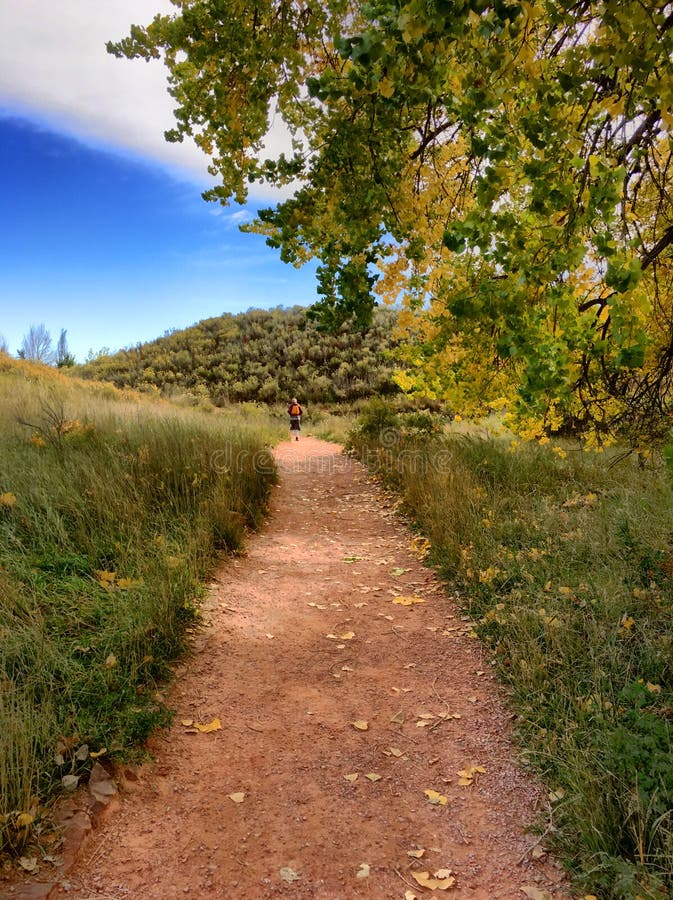
This is a picture of Lindores Abbey, somewhere in Scotland, the home to the first scotch whiskey ever mentioned in writing (according to Wikipedia, anyway) and where people just started reproducing whiskey in 2017 after a short 522 year hiatus. This picture, like all things, is irrelevant and arbitrarily selected. Until it isn't. Let me tell you about my writing process. For me, my writing process is simple and straightforward. Step 1 pour an invisible glass of whiskey made in Scotland. Step 3 I need my glasses to write; I better put those on. Step 2 remember I gave up even imaginary drinking for clarity of mind and pour out my glass. Step E pet the cat and tell him I’m too busy to pet him. Step R determine a labeling system for the steps in my process. Step (Netflix intro sound) put some words somewhere in space. And that’s it, then I save/publish to my blog the product that I have.
The truth is, if you ask me what my writing process is in a
situation where I don’t have to write anything in that moment, I’m probably
going to lie to you on accident. I’ll say something like, “You wanna make an
outline (I’ll omit that I do this part in my head while browsing youtube) then put
that together in a draft (again, I’ll omit that my drafts are often just me
mocking what a draft is “supposed to be”) and after that you just polish your
work until you have your finished product.” I’ll say that because that’s what I
was told for a long time, and for nearly as long, I thought my less than
conventional writing process was more mistake than method. I just googled
scotch whiskey, and suddenly googling scotch whiskey is now part of my process
while writing this blog post. I’m not procrastinating, I’m thinking while I do
something less productive with the rest of me. Anyway, in their article “A
cognitive Process Theory of Writing” Flowers and Hayes refer to stage models of
writing (like my very truthful explanation of my method and then my not so
truthful explanation in this paragraph) are flawed mostly because they are in
stages. Stages discourage us from going back or working ahead, something anyone
who has ever written a single sentence has probably done. They also explain
what the real meat of a writing process is, and they do so nicely. Know your
audience, answer some questions, know what you know and tell people about it.
More or less.
Enough of that. What is actually the writing process for me?
Well, that up there is a little bit of it. I don’t have the time to explain
everything about my process to you, my fictional reader, but I can try to set
out the real meat of it. I do work first to establish who my audience is, and
then I work quickly to decide I’d rather talk to myself with my writing because
I like my opinions better. That is one of the rare times I’m being genuine, I
do this because who wants to read anything that’s written cautiously trying to
cater to what the ideal reader is looking for? Some time around the same time
as that, maybe after, maybe before, maybe during if I’m really trying, I figure
out what it is I really want to write. Not do I want to write a blog post, or a
narrative essay, or the next Great American Musical, but literally what I want
to write. That first paragraph is the sarcastic nonsense I wanted to write, it
didn’t go where I was hoping it would. Unless it did, and that’s how I got here,
but I’ll never tell. And then as soon as I put the first letter to the page, I
begin to edit. I don’t believe my process is one to be followed, for several
reasons, but mostly because it isn’t anyone else’s process. Probably very few others
want to write about their messed up labeling systems while talking about fake whiskey
to start their writing (this sentence started out with no one else wants to…
but I decided maybe there are a select few in the world that are on the write (this
was intentional) path).
A quick final note about my writing process and a message to
anyone who’s working on theirs. Try to pay attention the next time you sit down
and write and forget about that perfect writing process that has been pounded
into your head for the past however long. Eat that snack (or argue yourself out
of it). See what’s new on Instagram. Find out if Bill Gates really did drop out
of college (he did but the story behind it is worth the read). It doesn’t
matter how you write, or really even what you write, (at the risk of sounding
corny) it only matters that you write and pay attention when you do.
